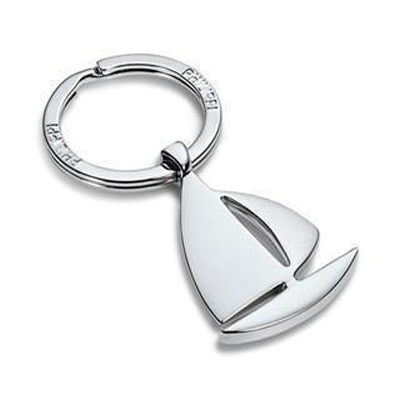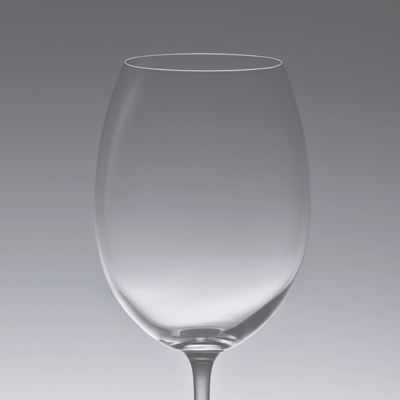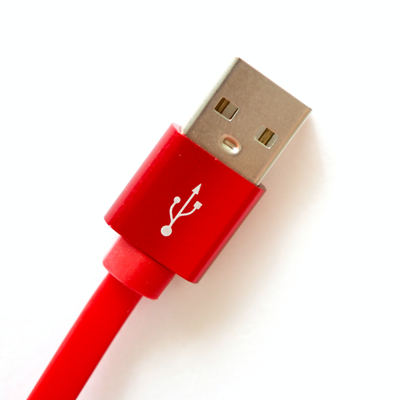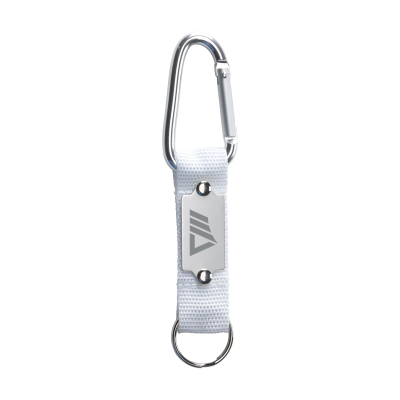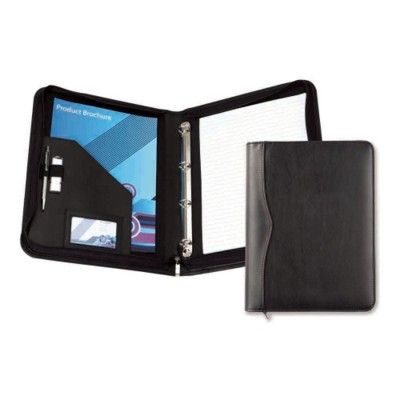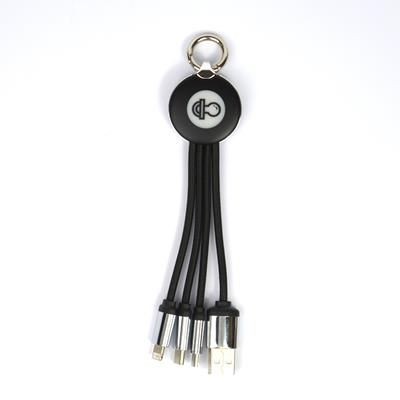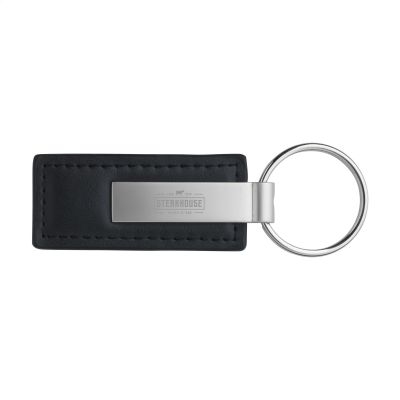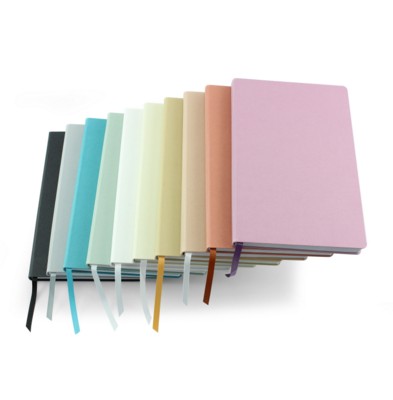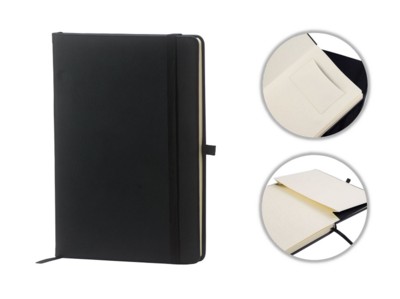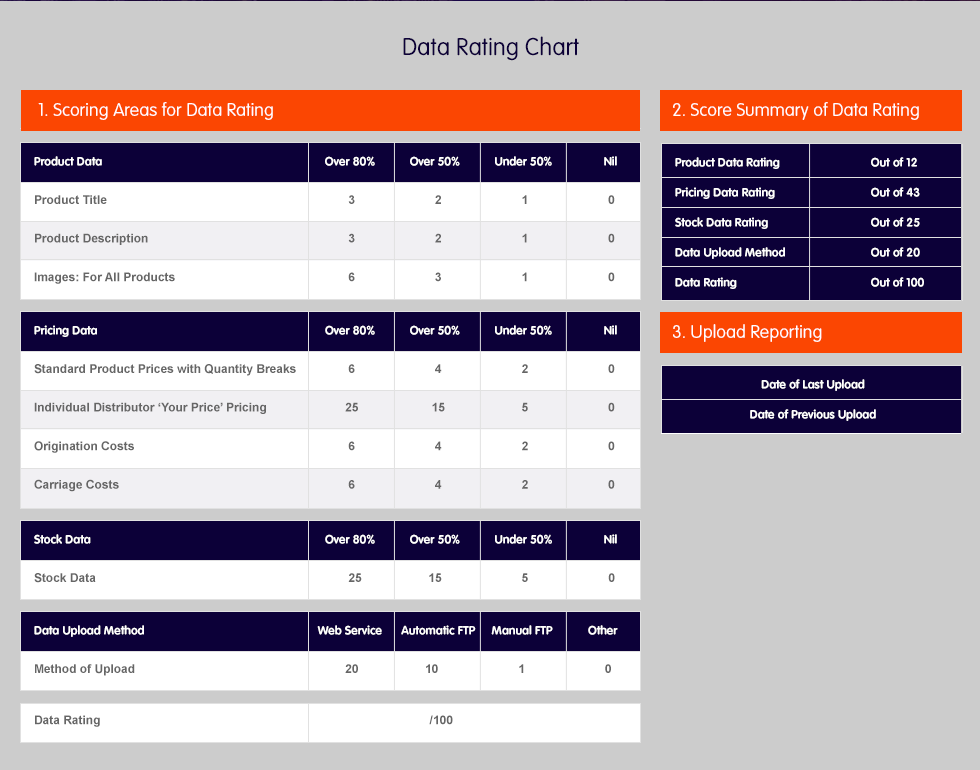Eco Terminology

You may wonder why some products appear in our website or what certain ‘green terms’ mean. We hope that this glossary of terminology is useful to you.
Aluminium:
Aluminium is practically the perfect recyclable material. It makes up approximately 7 percent of the Earth's crust & is most familiarly used in the manufacture of soft drink cans. Out of the most common recyclable materials that clutter up our landfills: glass, paper, metals, cardboard, plastics, aluminium is one of the materials that is endlessly 100% recyclable. Recycles well and suffers no loss in quality when recycled.
Bamboo Garments:
Bamboo is 100% naturally grown, without assistance from man. Bamboo is 100% sustainable, it is also naturally antibacterial & Bamboo fibre is 100% biodegradable. As the fastest growing plant in the world, bamboo grows to its maximum height in about 3 months and reaches maturity in 3–4 years. It spreads rapidly across large areas. Because of this, bamboo is known to improve soil quality in degraded and eroded areas of land.
Corn Plastic:
Derived from corn & is 100% biodegradable.
Cotton-Organic:
Organic cotton is grown without the use of synthetic fertilisers, growth regulators, chemical pesticides, irrigation or genetic engineering.
Dynamo Energy:
Dynamo Energy is self–generated from a wind up action. No need for battery power.
Fair Trade:
Fair Trade is an alternative approach to conventional international trade. It is a trading partnership which aims at sustainable development for excluded and disadvantaged producers. It seeks to do this by providing better trading conditions, by awareness raising and by campaigning.
Green Products:
All encompassing generic term which describes a product which is has some environmentally friendly qualities. Green products are an ‘alternative option’ to help our planet.
Kinetic Energy:
Energy self–generated energy from natural movement. No need for battery power.
Leather-Organic:
Organic leather is from skins that are tanned using only vegetable extracts and chemicals approved by TUV. All possible by–products are also re–used. Organic leather is also non allergenic. It has been discovered that normal chrome leather produce toxic chrome when incinerated and when sent to land fill sites will not decompose fully.
Leather-Bonded (Recycled):
Bonded leather is a recycled man–made material containing elements of recycled leathers, leather scrap & tannery leather fibres, which otherwise would go to a landfill. Bonded leather can also be known as Finecell, Leatherboard, Composition Leather or Split Leather. Bonded Finecell is describing the print finish on the material. Bonded leather generally contains: 66% Reclaimed Leather Fibres – 30% Natural Latex – 4% Tanning Oils.
Leather-Recycled:
Recycled leather generally contains: 85% Reclaimed Leather Fibres – 12% Organic Oil – 3% Polyurethane Coating. Recycled leather is generally sourced from the EU thus reducing Carbon Emissions.
LED Light:
Energy saving, low power, efficient & long lasting light source. Environmentally friendly energy compared to conventional light sources.
Plastic-TPE (Recyclable):
TPE is fully recyclable & is also PVC–Free. Plastic TPE Material content: SEBS (Styrene–Ethylene–Butylene–Styrene) Recyclable (Code 7), Elastic (Hardness 35). Standard silicone material is not recyclable.
Polypropylene & Non Woven Polypropylene:
Polypropylene is made up from carbon and hydrogen, and is manufactured without any dangerous emissions. Polypropylene can be recycled, incinerated, or landfilled without any harm to the environment. When burnt, polypropylene will only give off water vapour and carbon dioxide, which is converted by photosynthesis. Polypropylene is sometimes known as ‘pp’.
Recycled:
A term used to describe material that has been separated from the waste stream, reprocessed into a new product (often taking the place of virgin material), and then bought back to the consumer as new item.
Solar Energy:
Energy self–generated from the sun. No need for battery power.
Soya Bean:
Soya bean products are 100% biodegradable & Non Toxic.
Soya Wax Candle:
The pure soya bean wax does not give out dirty soot and it burns cooler, lasting approximately 33% longer. All natural, non–chlorine bleached cotton wicks burns cleaner, cooler and longer. 100% biodegradable.
Slate:
Slate is a purely natural metamorphic rock. Slate Coasters Featured are Made from Natural Welsh Slate. Mined from a Depth of Over 1500 Ft & slate is scientifically proven to be a Least 500 Million Years Old. Manufactured from Roofing Industry Waste Material.
Wood:
Wood can be recycled in a variety of ways, as a natural product it is biodegradable & will eventually rot at the end of its useful life. Also, Look for Wood Products in Our Site which Comply with FSC (Forest Stewardship Council) Certification by the Soil Association's Woodmark Programme. The Wood in these Items is certified to come from Sound Forestry Practice and has not contributed to the Destruction of Woodlands Anywhere.
Wood-Sustained Timber:
Sustainable forest timber is cut wood, of which the volume of timber cut each year, is no greater than the volume of wood that grew during that year on standing trees.
Carbon Related Terms
Carbon Footprint:
A carbon footprint is the representation of the effect human activities have on the climate in terms of the total amount of greenhouse gases produced (measured in units of carbon dioxide). A carbon footprint would include energy use in business & domestic environments, & travel. To obtain a more technical definition, the World Resources Institute and the World Business Council for Sustainable Development have produced a Greenhouse Gas Protocol.
Carbon Neutral:
Carbon Neutral activities counteract the release of carbon dioxide in to the atmosphere, by maintaining a measured balance between producing and using carbon. The basic definition is that we don't want our energy use to add greenhouse gases like carbon dioxide into the atmosphere. Carbon Neutral activities measure personal & business impacts & reduce emissions where practical. When unavoidable emissions are created this is then 'Carbon Offset' by participating or investing in projects that reduce greenhouse gases in amounts equal to what is being emitted. Carbon Neutral status is achieved when a person or company has a 100% carbon offset.
Carbon Offset:
Carbon Offset is the balancing of business or personal carbon dioxide emissions created by domestic & business activities, vehicle emissions or travel. Carbon Offset is achieved by proactive carbon neutralising activities. For example: planting trees in urban areas, growing plants to use as fuel or other projects which reduce greenhouse gases in the atmosphere.
Important Note:
The above definitions are generic & do not indicate that the products listed in this site meet these or any other specifications stated. Each product should be individually checked to establish the exact specification of the products ‘environmental & other specification qualifications’. These definitions are our own interpretation & are purely created as a guide. These definitions should not be considered a statement of exact fact. For more scientific definitions further research should be completed.
